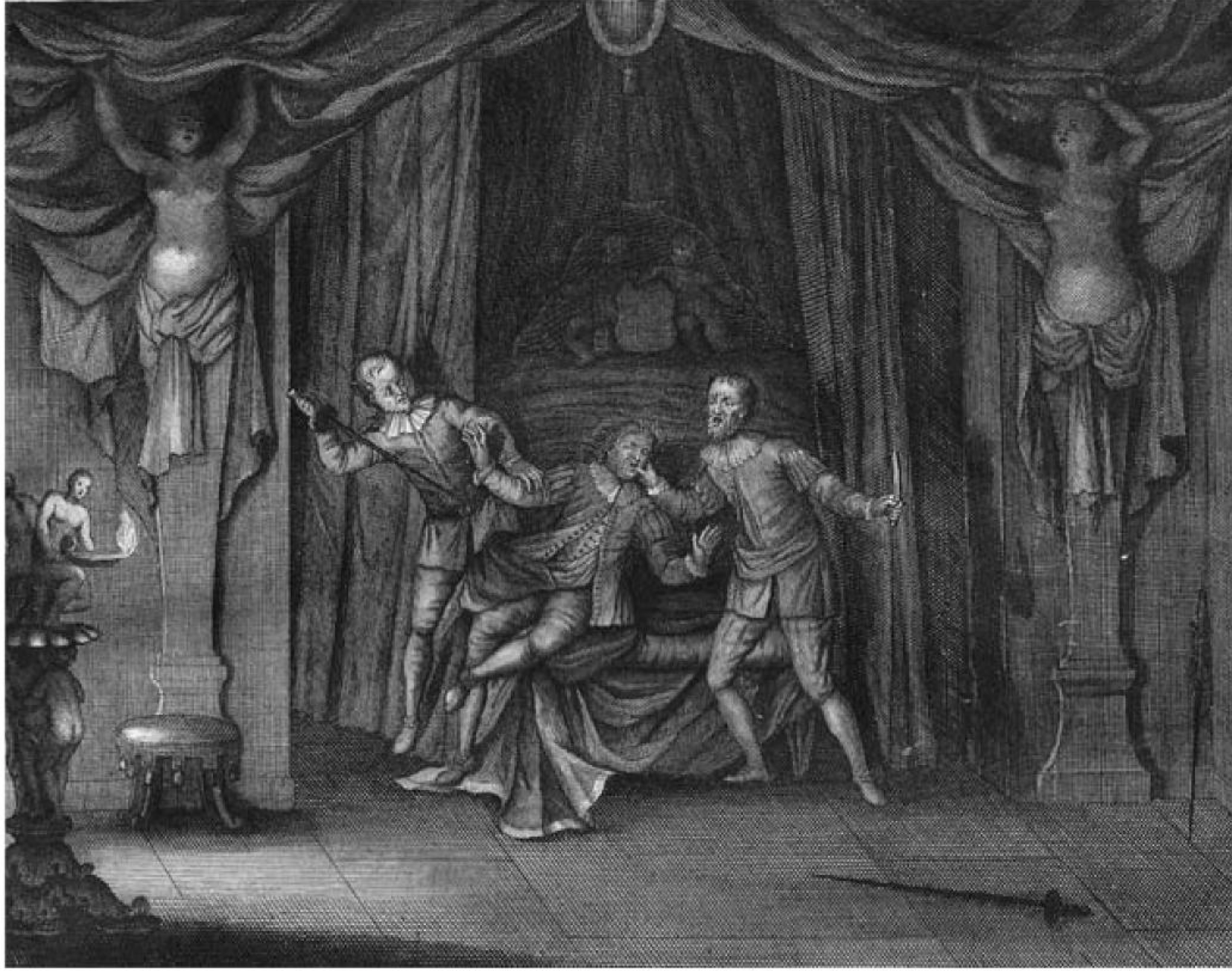2019 Death of Tardar Sauce
Let it not be said that we live in a frivolous era. One has only to compare the deep philosophical ponderings of Kim Kardashian to those of Marcus Aurelius, or the story-lines of Spiderman films with King Lear, or the lyrics of rap sensation Ski Mask the Slump God with those of Cole Porter to see that the 21st century is indeed a Golden Age of culture.
That is why so many wept when news of the death of Tardar Sauce reached the internet. Since her birth in 2012, Tardar, working under her stage name “Grumpy Cat”, had been amusing millions and her passing clearly subtracted from the sum of human felicity.
Born to a single-parent household — her mother was a calico cat; her father may have been a blue-and-white tabby – she came to the attention of the world as a result of a genetic malformation which gave her a look of perpetual dysphoria. Soon her portrait graced a myriad of computer screens and generated countless memes. Her owners were not slow in accumulating pelf by producing lines of Grumpy Cat licensed merch and featuring her in public appearances and commercials – she was named the Official Spokescat of Friskies. She achieved cinematic immortality by starring in 2014’s made-for-tv movie Grumpy Cat’s Worst Christmas Ever. A Madame Tussaud waxwork of the fabulous feline was commissioned.
Could an Oscar and a Nobel Prize be far behind? Sadly, those heights were not to be scaled. Stricken by a urinary tract infection, Tardar Sauce passed from this vale of tears on May 14, 2019. When shall we see her like again?








